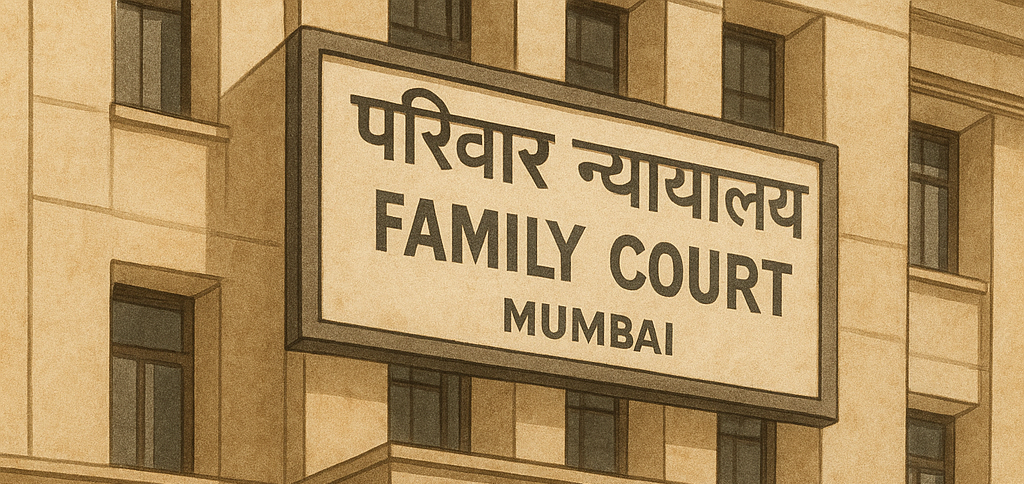Mumbai, April 29, 2025 — In a notable judgment that underscores the Indian judiciary’s growing emphasis on child-centric justice, the Family Court of Mumbai has awarded the custody of two minor children to their father, following a prolonged and difficult legal battle marked by the mother’s absence and obstruction. Delivered by Hon’ble Judge Govind G. Vayal on April 28 under Section 12 of the Guardians and Wards Act, the verdict reinforces the principle that a child’s emotional and psychological well-being must guide all custody decisions.
The father, Vijay (name changed), filed the petition in July 2023 seeking permanent custody of his 11-year-old son and 9-year-old daughter. He was represented by Advocate Deepak Agnihotri, a seasoned child custody lawyer in Mumbai and widely regarded divorce lawyer Mumbai, who has successfully handled numerous local and NRI divorce and child custody battles.
Advocate Deepak Agnihotri argued that despite marital discord and separation in 2022, Vijay had consistently supported the children—both financially and emotionally. His commitment included paying for their education at a reputed international school in Vikhroli and ensuring their routine stability.
The respondent mother, Aarti (name changed), failed to appear for multiple court hearings, prompting the court to proceed ex parte in November 2023. Moreover, she obstructed court-appointed counsellors from conducting home evaluations and allegedly threatened legal officers who attempted to engage with her. These actions, the court noted, painted a troubling picture of an unstable and potentially harmful environment for the children.
On the other hand, the home assessment conducted at Vijay’s residence revealed a nurturing atmosphere with a solid support system, including the presence of his elderly parents and proximity to the children’s school. His financial stability, involvement in daily parenting responsibilities, and commitment to maintaining the children’s education and emotional well-being were viewed favourably by the court.
In his detailed judgment, Judge Vayal emphasized the importance of providing children with a secure, structured, and emotionally positive home. He noted that while both parents had once shared responsibilities, the father had demonstrated a more consistent and responsible approach, especially during the critical years following the separation.
The court ordered that custody be formally transferred to Vijay within two months and affirmed that parental rights are not absolute—they are conditional on the ability to uphold the best interests of the child.
Legal experts, including Advocate Deepak Agnihotri, believe this case marks an important precedent, particularly for custody disputes involving non-cooperative parents or NRIs. According to Advocate Deepak Agnihotri, “This ruling sends a strong message that in Indian family law, the child’s welfare is paramount and legal custody must reflect emotional stability, not legal manoeuvring.”
Read more.


